Coding Skills That Every Developer Should Have
Coding skills are essential for any developer. They allow you to create programs and websites that interact with computers. There are a variety of coding languages and tools that you can use to develop your skills. You can learn the basics of coding by working with a free coding platform or learning code through online courses. Once you have a basic understanding of coding, you can start developing your own programs and websites. You can use coding to create applications, websites, and software. Coding is a skill that you can use to create programs and websites. There are a variety of coding languages and tools that you can use to develop your skills.
To create software applications and websites, developers must have a variety of coding skills. However, given the breadth of the software engineering field, determining what skills you need to learn can be difficult. In this article, we’ve broken down the technical and soft skills required to become a developer, as well as how you can begin improving your programming knowledge.
Technical Coding Skills
Coding Languages
Professional coders must specialize in at least one coding language in order to write computer-readable instructions (machine code).
How Does This Skill Help?
The programming language you use is determined by the role you play. System programmers, for example, create system software for a computer’s operating system, such as macOS or Windows, so they use programming languages specific to those systems (for example, Swift for macOS and C++ for Windows). Front-end developers must understand HTML, JavaScript, and CSS.
Where To Start?
Begin by learning and practicing a versatile, multipurpose programming language. It is easier to learn another language once you have mastered the syntax (variables, operators, conditionals, loops) and fundamental concepts of one. C# is a high-level, general-purpose programming language that can be used to build websites and software, as well as analyze data and automate tasks.
Data Structures and Algorithms
The most important function of a computer program is performed by data structures and algorithms: data structures allow you to store and organize data, while algorithms process the data in a meaningful way.
How Does This Skill Help?
Programmers spend the majority of their time determining the best approach to a problem, including the best data structures and algorithms to use. Most technical interviews rely heavily on DS & A questions to demonstrate a programmer’s foundational knowledge. To write functional programs, programmers must understand the tradeoffs between different data structures.
Where To Start
To begin, learn a programming language. This will allow you to put your knowledge of data structures and algorithms into practice. Make a list of the key data structures and algorithms to learn. Learn about the various types of data structures (i.e. array, string, matrix, linked list, stack, queue, tree, graph). Learn about the most popular algorithms, such as searching, sorting, hashing, recursion, prefix sum, and suffix sum. Next, look for an online course that teaches DSA in your preferred programming language.
Text Editing Tools
A text editor is a specialized tool used to create software. It could be a stand-alone program or part of a larger development environment (IDE).
How Does This Skill Help?
Text editors can be used to enter source code for program languages or to create documents such as technical manuals. It supports programming and markup languages for writing and editing. Code editors distinguish different parts of a programming statement by using different colors and font sizes.
Where To Start?
Choose a text editor and play around with it. Sublime Text, Atom, Visual Studio Code, and Espresso are the most popular editors (macOS only). Some text editors, such as Microsoft’s Visual Studio, include code snippets in various programming languages that you can use to generate frequently used code blocks. Others include “autocomplete” features that display suggestions as you type code. Experiment with key functions such as increasing or decreasing line indent or commenting out code that you don’t want to compile.
An Understanding of Databases
The vast majority of applications are intended to move data between databases. SQL, automated frameworks, performance, security, and other skills are required of developers.
How Does This Skill Help?
Even if you don’t build databases, you should be familiar with SQL (at the very least, understand the differences between joins–outer, inner, left, right). Professional coders must understand the characteristics of databases for various services, as well as how to model data appropriately to handle scale, agility, and changes. While front-end developers are not required to build databases, having this knowledge will make you more employable and well-rounded.
Where To Start?
Database essentials for developers include knowledge of SQL and basic insert, select, update, and delete statements. Following that, you’ll learn about basic indexing strategies, data modeling, joins, constraints, and referential integrity. Choose a database management system (for example, SQL Server or PostgreSQL or MySQL) to practice the SQL concepts you’ve learned. You can also take free introductory courses like Introduction to Databases and SQL Querying (Udemy) or freeCodeCamp’s SQL and Database Course.
Knowledge of the Testing Process
The process of ensuring that a software application performs its intended function and meets business requirements is known as testing.
How Does This Skill Help?
Organizations that employ an iterative or agile software development approach may require developers to create automated, integrated, code-based tests. Writing tests saves time by reducing release issues and production downtime, as well as the number of bugs customers encounter.
Where To Start?
Understand the software development life cycle and how testing fits into it using the Waterfall and Spiral models. Next, learn about the various types of tests that every developer should be familiar with, such as manual and automated tests, testing methods, and testing levels.
Logic
The implementation of an application’s requirements and design is referred to as program logic. It is the arrangement of instructions in a program in a specific order to solve a problem.
How Does This Skill Help?
Programming logic is required for writing clean code because it explains how a software application works. Developers must be able to reliably manipulate logical expressions (for example, if…then, else, if…); otherwise, their code will be tainted with bugs. When writing code, you must select the appropriate logical operator to achieve the desired result. Formal logic, specifically mathematical logic, underpins much of computer programming.
Where To Start?
Practicing abstract thinking is an excellent way to improve logic skills. Coding challenges are an excellent way to practice logical thinking. Begin coding with coding boards and take part in hackathons. Read code-after understanding the algorithm, inspect the code elements of a popular website-this will improve your programming logic. You can also practice logic questions by visiting websites such as HackerRank, HackerEarth, and CodeChef.
Cloud Computing
Cloud computing stores, manages, and processes data through a network of remote servers hosted on the internet, eliminating the need for a local server or a personal computer.
How Does This Skill Help?
Today, cloud computing is an important part of software engineering, and more and more organizations are adopting serverless architecture due to its scalability and cost savings. Cloud computing services offer an infinite number of test and staging servers. Developers who do not use cloud systems are unable to benefit from servers that improve speed, software testing, delivery, and productivity. Cloud computing also enables developers to produce newer, higher-quality software more quickly.
Where To Start?
To learn cloud computing, you must have a solid understanding of operating systems—how they work and how they operate at a high level—as well as basic networking skills. You are now prepared to learn the fundamentals of cloud computing.
Soft Skills for Coders
While technical skills are required for designing and implementing software, soft skills allow developers to excel in their roles and stand out in the job market.
Problem Solving
Problem-solving entails looking at a problem from various angles and drawing analytical conclusions.
How Does This Skill Help?
Professional problem solvers, software engineers are. Every business has a unique technology stack. Developers must constantly learn new programming languages and frameworks. Working with existing codebases is difficult because you must add or modify code without breaking it. This includes reading documentation, participating in code reviews, devising workarounds, and fixing bugs.
Where To Start?
Thinking like a programmer is the key to problem solving. This entails looking at a problem from various perspectives and devising workarounds when obstacles arise. Working on personal projects that leverage your personal strengths while also stretching your abilities is the best way to practice innovative thinking. Consider contributing to open-source projects on developer forums like GitHub or Stack Overflow.
Flexibility and Adaptability
Developers work in fast-paced environments where they must be adaptable to constantly changing project timelines and software requirements (known as “scope creep”), as well as the constant need to learn new technologies.
How Does This Skill Help?
Frameworks and programming languages come and go. When managers change the scope of work, developers frequently have to rewrite code. Developers must learn to work in sprints, which are short bursts of intense work focused on one or two goals.
Where To Start?
Learning more than one programming language increases your versatility. Furthermore, knowing how to code back-end and front-end applications qualifies you for a broader range of roles and allows you to take on more responsibilities in your current role. Developers who are familiar with AI and machine learning will have a significant advantage as AI-assisted programming becomes more common.
Through personal and professional projects, you can practice time management and gain experience solving various types of problems.
Creativity and Curiosity
Developers who are creative and curious can think outside the box and learn new things.
How Does This Skill Help?
Solving real-world problems and automating your workflow require creativity. It also assists you in using innovative thinking to balance user demands and business requirements. Even seasoned developers must maintain their curiosity because they must constantly learn new technologies.
Where To Start?
Increase the breadth of your programming knowledge and toolkit. Only by having a toolbox at your disposal can you come up with novel solutions. Learn more about different programming paradigms (functional vs. object-oriented) and the principles and approaches that underpin them. Participate in coding challenges, work on side projects, and contribute to open-source projects on GitHub. If possible, engage in collaborative coding with another developer to learn their thought processes.
Critical Thinking
Critical thinking is the methodical, objective approach to problem solving that involves asking questions and uncovering false assumptions.
How Does This Skill Help?
Before writing code, programmers must weigh the advantages and disadvantages of various approaches, compare the tradeoffs between various data structures and algorithms, and comprehend business requirements. Programmers with analytical skills avoid having to rework code due to logical errors or change the scope of work to accommodate unexpected factors.
Where To Start?
Applying methodical thinking to your coding tasks is the best way to develop critical thinking skills. Use the following problem-solving strategy:
- Identify the problem
- Analyze the problem from various perspectives
- Develop a few potential solutions
- Decide which solution is the best fit
- Implement the solution
Self-Awareness
Understanding your motivations for becoming a programmer and being able to critique your own work are essential for long-term success in the field.
How Does This Skill Help?
To continuously improve their technical and soft skills, successful coders must understand their own strengths and weaknesses. Developers should expect behavioral questions that test their self-awareness during interviews.
Where To Start?
Request feedback from your colleagues, interviewers, and employers. Pay attention to what they say about your soft skills as well as your technical skills. Make a list of your strengths and weaknesses, and decide which areas need to be improved.
Responsibility
Software developers must have a strong sense of responsibility and a strong work ethic.
How Does This Skill Help?
Taking responsibility for your work is important because it shows that you are willing to be flexible and do your part if software requirements change (which they will! ), or project deadlines are moved. Developers must also take responsibility for their own learning and development while working with little supervision.
Where To Start?
Taking responsibility for your work is important because it shows that you are willing to be flexible and do your part if software requirements change (and they will!) or project deadlines are moved. Developers must also be self-motivated and work with little supervision.
Teamwork
On a daily basis, application developers work with project managers, engineers, designers, and other developers.
How Does This Skill Help?
Software development is a group effort. Companies will not hire developers who do not collaborate well with others. Teamwork ensures that teams communicate effectively and that projects are completed on time.
Where To Start?
Look for an internship where you can collaborate with other developers. Participate in hackathons or coding challenges and form a team with other programmers. Pair programming allows you to work with another developer (one person writes the code while the other dictates).
An Eye for Detail
Detail-oriented programming ensures higher code quality, readability, and performance.
How Does This Skill Help?
When writing code, developers must consider many factors, including the user experience, calls to action, and how the software solves a problem for the user. A keen eye for detail ensures that none of these details are overlooked.
Where To Start?
Get as much coding experience as you can. Read the user documentation for open-source projects to learn about the developer’s thought process and any trade-offs they made.
FAQs
Can a Beginner Learn To Code?
Yes. Beginner coders can begin by learning a markup language, such as HTML or CSS, that does not use data structures or algorithms. Because they are general-purpose programming languages, C#, Java and Python are also popular choices for beginners.
What Coding Language Should I Learn?
Learn a widely used and versatile programming language, which means that the general syntax can be applied to other languages as well. C#, Python, C++, and JavaScript are a few examples.
How Can I Develop My Coding Skills?
You should make it a habit to write code every day. Participate in coding challenges or hackathons, contribute to open-source projects, and create your own personal projects.


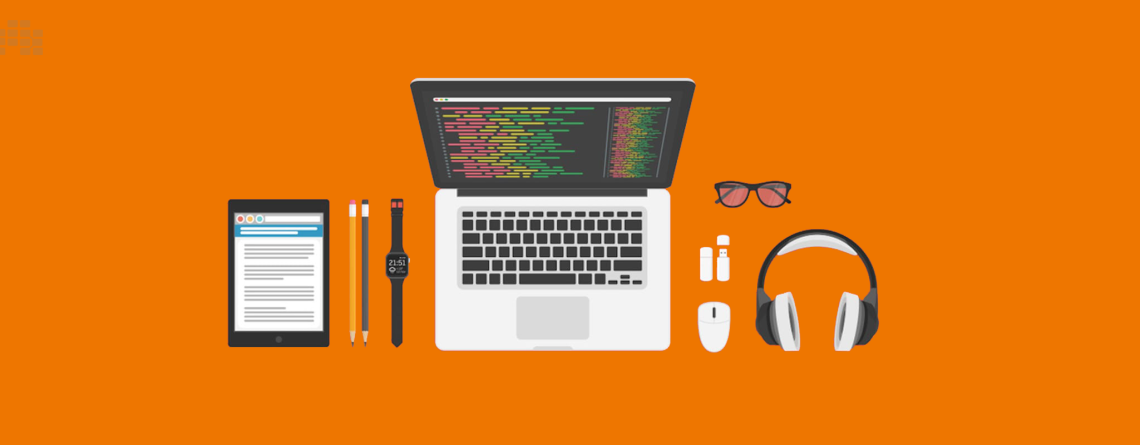

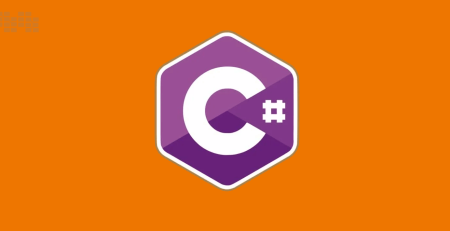
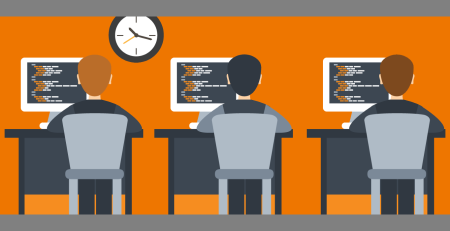
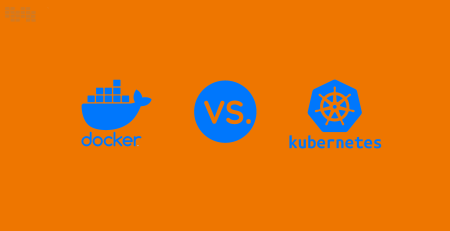
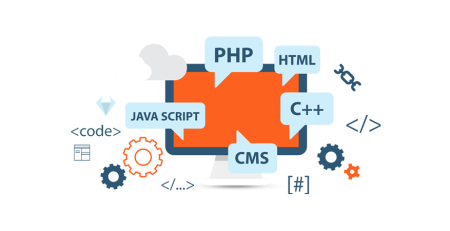
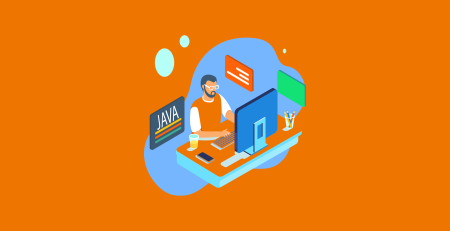
Leave a Reply